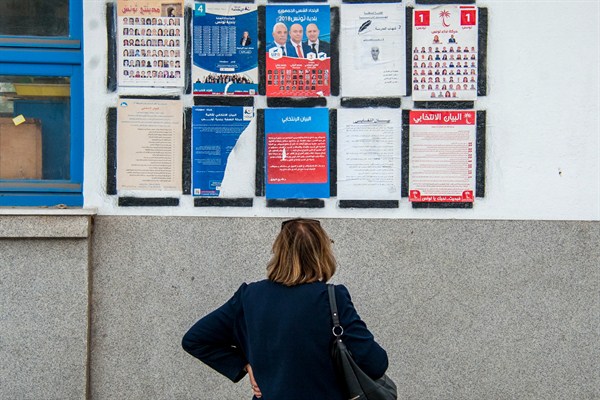It has become conventional wisdom that the Middle East’s popular uprisings of 2011 failed, and that the prospects for true democracy in the region are dim for the foreseeable future. The return of authoritarian leadership in Egypt is the most dramatic reversal of the Arab Spring, but one can also look to Yemen, where a shaky political transition later plunged the country back into civil war, or of course Syria, where the early days of peaceful protest, brutally repressed by the Assad regime, seem like a distant memory in the ongoing civil war.
There is occasional turbulence in Morocco, too, where a functional multiparty system has not really emerged. Tunisia, the only fledgling democracy still carrying on after the 2011 ouster of dictator Zine el-Abidine Ben Ali, remains fragile, having been unable to translate more political freedom into much-needed prosperity.
But May is full of intriguing, albeit incremental, steps on the long road to more political openness in the Arab world.

